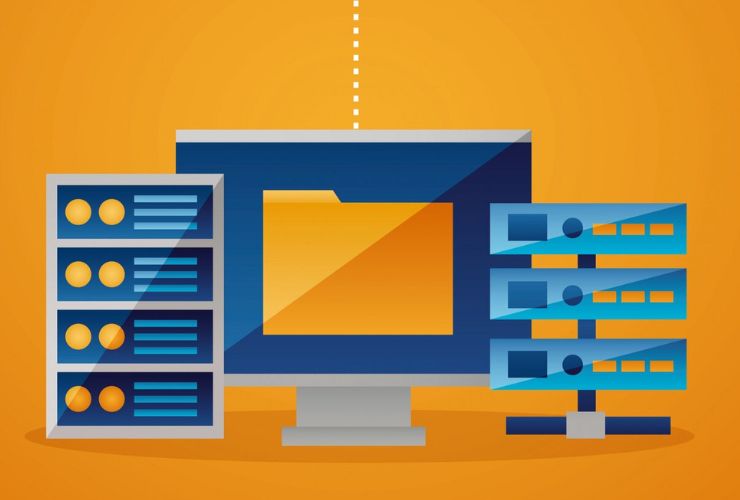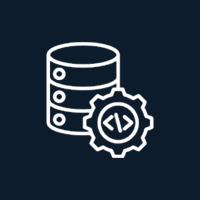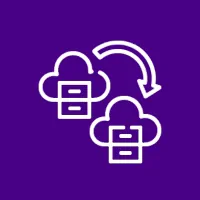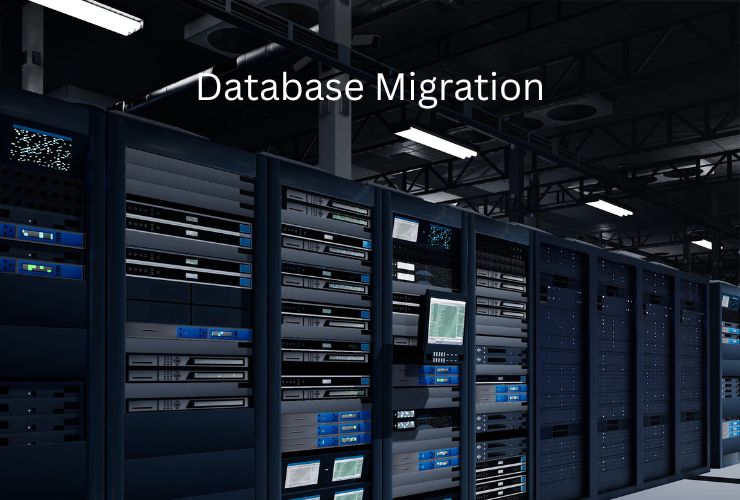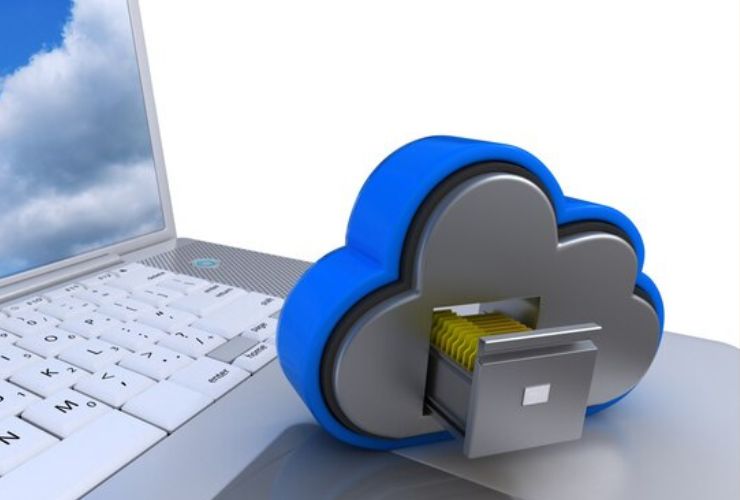Legacy databases are often a choke point in today’s fast-moving digital landscape. They are costly to operate and maintain, they aren’t scalable, and they present a growing security liability. As organizations advance in size and begin to implement cloud-first strategies, legacy databases are often not able to keep up with current demand.
Liberty to modernize legacy databases offers organizations the chance to gain more agility, improve performance, reduce operational costs, and achieve seamless compatibility within cloud-native environments. This document will explore the strategies, benefits, and best practices for modernizing legacy databases, and share how our Database Modernization Services help organizations with a seamless experience.
Modernize Legacy Databases
- Performance & Scalability- Modern platforms offer high availability, elastic scaling, and improved query performance.
- Security & Compliance– Legacy databases present vulnerabilities. Modern databases provide security features including encryption, IAM, and compliance certifications.
- Cost efficiency– Move to a cloud provider or open-source solution, which reduces your licensing fees, hardware reliance, and maintenance costs.
- Integration & Innovation– Perform analytics, AI/ML, automation, and create real-time data pipelines.
- Business Continuity– Use resilient architectures for the future and to minimize downtime.
Strategies for Legacy Database Modernization
1. Rehosting (Lift-and-Shift)
This is basically just migrating the database as is to a cloud environment to achieve quick cost and performance benefits.
2. Replatforming
Migrate to a managed service (AWS RDS, Azure SQL, Google Cloud SQL) for reduced administration effort and with similar functionality.
3. Refactoring
Redesign the schemas, queries, and architecture to take full advantage of the modern capabilities offered by microservices, containers, and serverless.
4. Replacing with Cloud-native Solutions
Use fully-managed, cloud-native solutions like Aurora, Cosmos DB or BigQuery for the additional scalability and analytics capabilities they offer.
5. Hybrid Approaches
With mission-critical workloads, phase in the modernization effort through replication, dual-write, or cutover only when the new solution is fully adopted.
Best Practices for Legacy Database Modernization
- Consider the thorough discovery of workloads, dependencies, and risk.
- Ensure security and compliance from day one.
- Leverage automated/migration tools to reduce downtime (AWS DMS, Azure DMS, Oracle GoldenGate).
- Validate data integrity pre- and post-migration.
- Put real-time monitoring and performance tuning in place.
- Have a rollback plan in place for business continuity.
Benefits of Legacy Database Modernization
- Faster performance & lower query latencies
- Scalable architecture to support growing workloads
- Lower costs (licenses and infrastructure)
- Improved compliance & security posture
- Access to modern analytics, AI/ML, and automation tools
- Improved customer & user experience
Businesses gain competitive advantages through modernization via agility, cost savings, and improved data-driven decision-making.
How We Help Businesses Modernize Legacy Databases
Empirical Edge Inc. offer fully end-to-end Database Modernization Services targeted at zero-downtime migrations, secure transitions, and future-ready architectures.
We provide many services, including,
- Database Migration & Modernization – From older systems (Oracle, SQL Server, MySQL, PostgreSQL, DB2) to modern cloud-native platforms.
- Cloud Database Migration – to AWS, Azure, and Google Cloud database services.
- Schema Transformation & Optimization – restructuring legacy schema to modern, performant standards.
- Integration of Compliance & Security – end-to-end encryption, audit logs, and regulatory compliance (HIPAA, PCI-DSS, SOC2, GDPR).
- Post-Migration Support
Conclusion
It is essential for growth, scalability, and innovation to modernize legacy databases to be relevant in today’s business landscape—not just a competitive advantage. By selecting the appropriate modernization option, either rehosted, re-platformed, re-architected, businesses can monitor for all levels of performance, limit risk, and position the data architecture for the future.
With our Database Modernization Services, you will have a trusted partner who will ensure the success of your migration is seamless, secure and aligned with your business strategy. We will help you convert legacy systems into valuable strategic assets for the future whether that means cloud migration, optimizing scalability, or integrating advanced analytics capabilities.
Still relying on outdated database systems? Empirical Edge helps businesses modernize legacy databases with secure migration strategies, scalable architectures, and minimal downtime—empowering your organization with faster performance and future-ready data infrastructure.
Frequently Asked Questions
Legacy database modernization is the process of upgrading outdated database systems to modern platforms that improve performance, security, scalability, and integration capabilities.
Modernization helps reduce maintenance costs, enhances operational efficiency, strengthens security, and enables organizations to support evolving business needs.
Typical approaches include rehosting, replatforming, refactoring, or replacing legacy systems depending on technical requirements and long-term goals.
Modern platforms offer advanced encryption, access controls, automated updates, and compliance support, helping protect sensitive business data.

